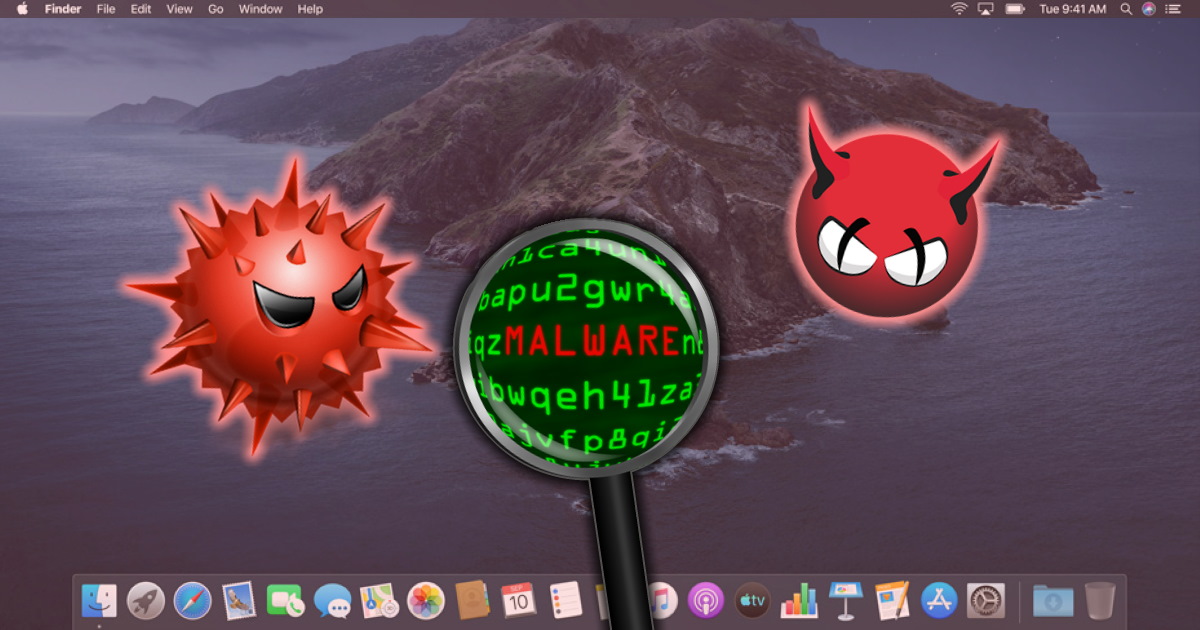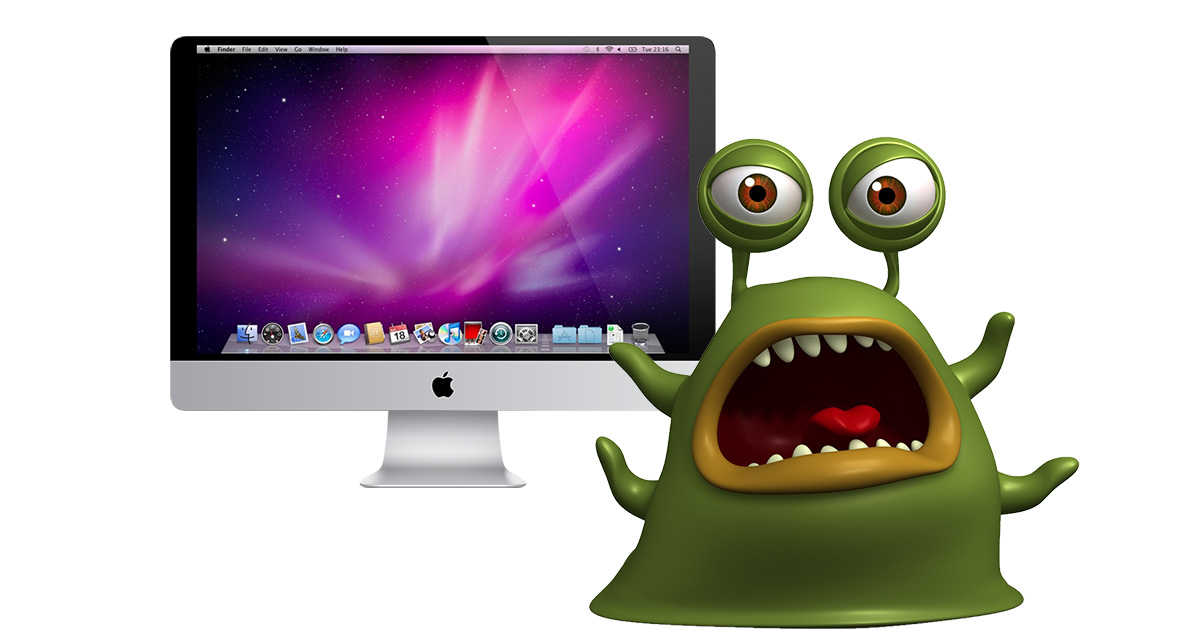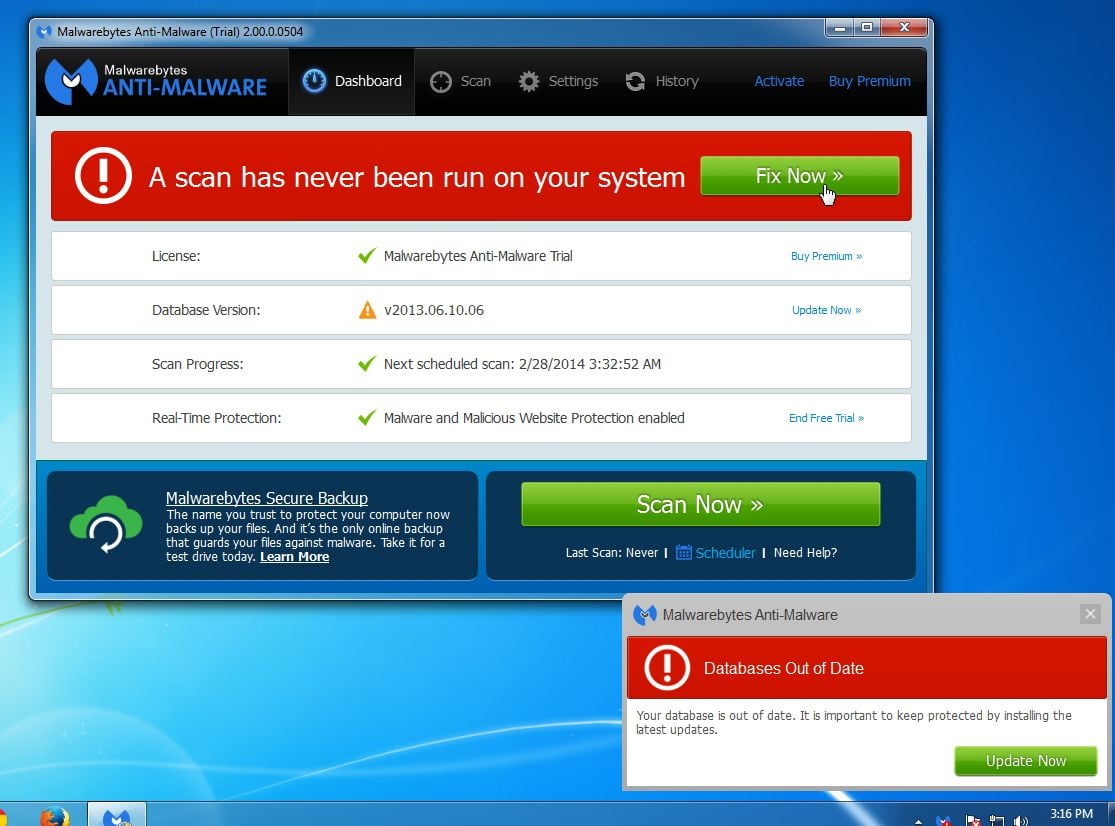

- Scamzapper for mac maleware install#
- Scamzapper for mac maleware pro#
- Scamzapper for mac maleware free#
Scamzapper for mac maleware free#
Note: In order to partition your drive, you'll need enough free space on your drive to do so - at least 30GB. Essentially, it would be a "clean" new computer for my father-in-law to work on, but all the original data would still exist on the old partition in case he needed to grab a file.
Scamzapper for mac maleware install#
Given that this laptop had a 500GB hard drive - only 40GB of which was being used - I had an alternate idea: I'd partition the drive, again using Internet Recovery, and install macOS Sierra on the new partition. If we'd missed something and moved all the old files to an external drive, my father-in-law would have had to carry it everywhere just in case.

We were on vacation, and lacking any sort of external media.But there were a couple of reasons that wouldn't work here: In most cases, I'd grab an external drive, back up the corrupted disk, then wipe the drive clean with the Internet Recovery partition and start over. When Safari launched over the login screen after a reboot, I knew my usual fixes wouldn't work: It was time to bring out the big guns. The hard drive had been so corrupted by these "security" programs that there was nothing I could do to fix it. Restart your Mac with the Power button.Īfter exhausting all other avenues, this was the solution we came across to properly fix the broken laptop.Plug the Mac back in and wait 5-10 seconds.Unplug it and wait for at least 20 seconds.Release these keys, then just press the Power button to properly start your computer.Restart the computer by pressing the Power button along with the keyboard command Shift-Control-Option.To reset the NVRAM (or, on older Macs, PRAM), reboot the Mac and hold down the following keyboard command during startup for at least twenty seconds: Command-Option-P-R.Īfter you reset your NVRAM, you may be required to reconfigure some system settings (like sound and time zones), which are stored in that cache.Īn SMC reset is a bit more complicated, and Apple recommends it only after all other troubleshooting avenues have been exhausted (opens in new tab). If neither app updates nor disk repair are helping, sometimes a good cache flush can get your Mac running just a bit more smoothly. Your Mac will then run a cursory check on its hard drive to determine if there's anything wrong - and if so - if it can fix it. If you're working on a computer that has slowed down beyond reasonable aging or is otherwise acting beyond the pale, here are my favorite tactics you can take to try and restore it to its former glory. I knew I had a malfunctioning laptop on my hands, so I turned to my age-old troubleshooting checklist. But because they were there, they were constantly crashing aspects of his Mac. It's likely that he accidentally installed one of these "security" programs (or had it installed), which spiraled out of control from there.These hijacks didn't appear to be able to do much beyond slow down his machine with endless failed attempts to run a program - the process didn't have admin permissions, so it couldn't execute a thing from the library. And worst of all, they'd seemingly added a bunch of nonsense files into this computer's Library folder, with random folder names like "prestidigitation" and "beeswax".Now, I want to preface: I'd never seen an attack like this on a Mac before in my life, and finding this kind of full-Mac hijack is very rare. Upon further investigation, I found a couple of self-professed "Mac security programs" that popped up, demanding money to "clean your Mac from junk".Spoiler: These programs were the junk. It was clear to me that his browser had been hijacked.We got rid of the browser hijack pretty quickly - I suggest using Cella's excellent how-to if you ever run into a browser hijack yourself - but the slowdowns were more curious.
Scamzapper for mac maleware pro#
My father-in-law's MacBook Pro had been running into curious slowdowns for a two-year-old laptop and he kept on seeing weird sites taking over his Safari and Firefox search bars. Serenity Caldwell writing for iMore in 2017: The problem: Mac malware in the Library folder



 0 kommentar(er)
0 kommentar(er)
